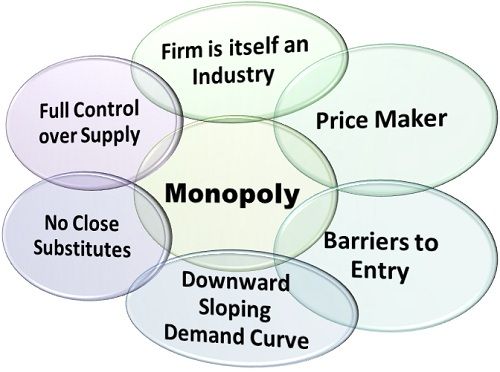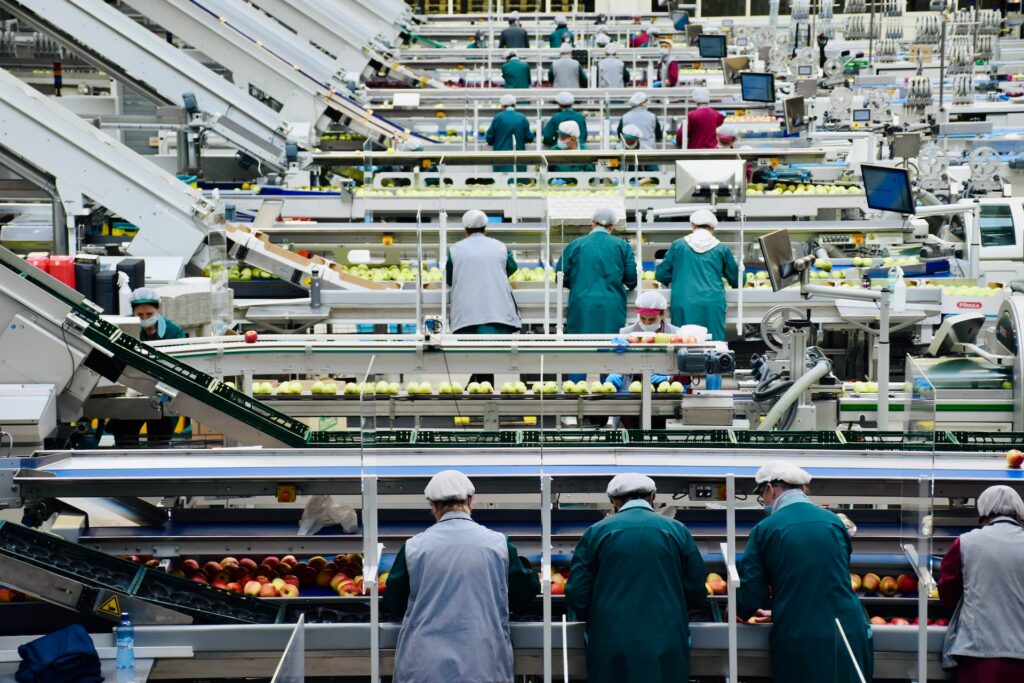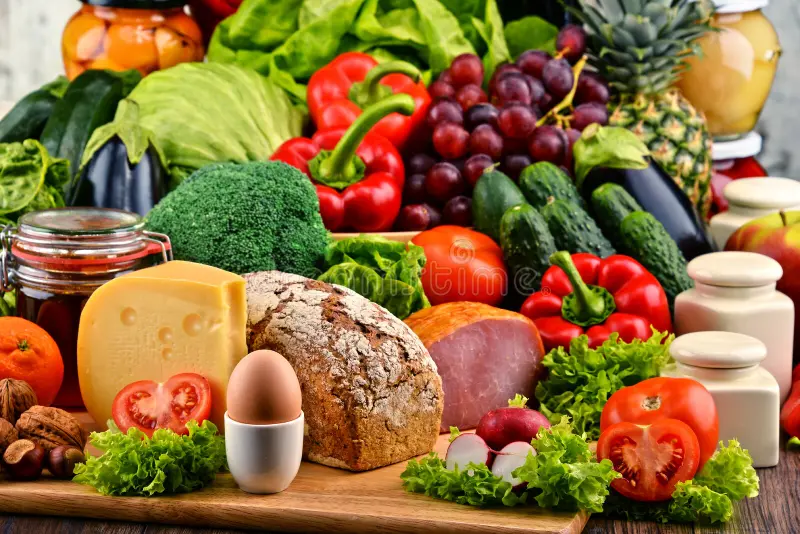At the grocery store checkout, your bill for raw meat, vegetables, fruit, and dairy might sting. Food monopolies—where a few big companies control these foods—are a key reason. They spend millions lobbying to keep prices high, adding $24-54 to your 2024-2025 grocery bill. Here’s how food monopolies hit your wallet and what you can do.
Why Are Grocery Prices Rising?
Grocery prices are climbing faster than inflation. From 2020 to 2024, food costs rose 25.6%, outpacing 21.6% overall inflation, per Prime Source. In 2024, prices increased 1.2%, and for 2025, the USDA predicts an additional 0.8% rise. Food monopolies control supply and prices, and their lobbying keeps your bill high.

Who Controls Your Food?
A few companies dominate raw meat, vegetables, fruit, and dairy, limiting competition and raising prices. Meat: A Handful of Giants: Four companies—Tyson Foods, JBS, Cargill, and National Beef—control 85% of beef and 66% of pork processing, per a 2021 Guardian investigation. Tyson’s power, for example, sets steep prices for your steak. Vegetables and Fruit: There are fewer choices: Dole, Del Monte, and Chiquita rule produce like bananas and lettuce. Dole, a global giant, controls supply chains, per East-Fruit. These food monopolies reduce options, inflating costs. Dairy: Big Players Dominate Lactalis and Dairy Farmers of America (DFA) lead milk and cheese markets. DFA’s 2020 Dean Foods buyout boosted its control, per the Farm Action report, letting it charge more.

How Much Do They Spend on Lobbying?
In 2024, these companies spent $25-33 million lobbying, per OpenSecrets: Meat: Tyson Foods ($180,000) and groups like the National Pork Producers Council spent $10-12 million to weaken rules like the Packers and Stockyards Act. Vegetables and Fruit: Crop production lobbying hit $37.1 million, with $10-15 million for produce via groups like the American Farm Bureau Federation ($1.1 million). Dairy: DFA ($320,000) and others spent $5-6 million on subsidies and school lunch programs. This keeps laws favoring food monopolies, raising your costs.
How Much Extra Do You Pay?
Food monopolies add 20-30% to price increases, per a Groundwork Collaborative report. That means for a $15,000 annual grocery bill: 2020-2024: Prices rose 25.6% ($3,000 extra), with $750-$1,125 from monopolies. 2024: 1.2% increase ($180), with $36-54 from monopolies. 2025: 0.8% rise ($120), with $24-36 from monopolies. By food category that means: Meat: Beef up 5.4% in 2024; 1.1-1.6% ($1-2 per $100) from monopolies. Vegetables/Fruit: Up 21% (2020-2024); 3.2-5.3% ($3-5 per $100) from monopolies. Dairy: Up 30-36%; 7.2-10.8% ($7-11 per $100) from monopolies.
How Does This Hit You? Food monopolies mean: Fewer Choices: Many brands are owned by one company, per the Open Markets Institute. Lower Quality: Monopolies pressure farmers to cut costs, affecting meat or dairy quality. This system leads to Consumer Frustration: 90% of shoppers hate high prices, per a 2024 Food Business News survey.

What Can You Do to Fight Food Monopolies?
First: Shopping at farmers’ markets. Second: Using coupons or shopping at Aldi. Third: Choosing smaller brands over giants like Tyson or Dole.
Wrapping Up
Food monopolies like Tyson, Dole, and DFA spend $25-33 million to control food and keep prices high, currently adding $24-54 to your 2024-2025 grocery bill. You get fewer choices and possibly lower-quality food. Shop smart to save money.
Further Informational References: Guardian Food Monopolies, Farm Action Report:


